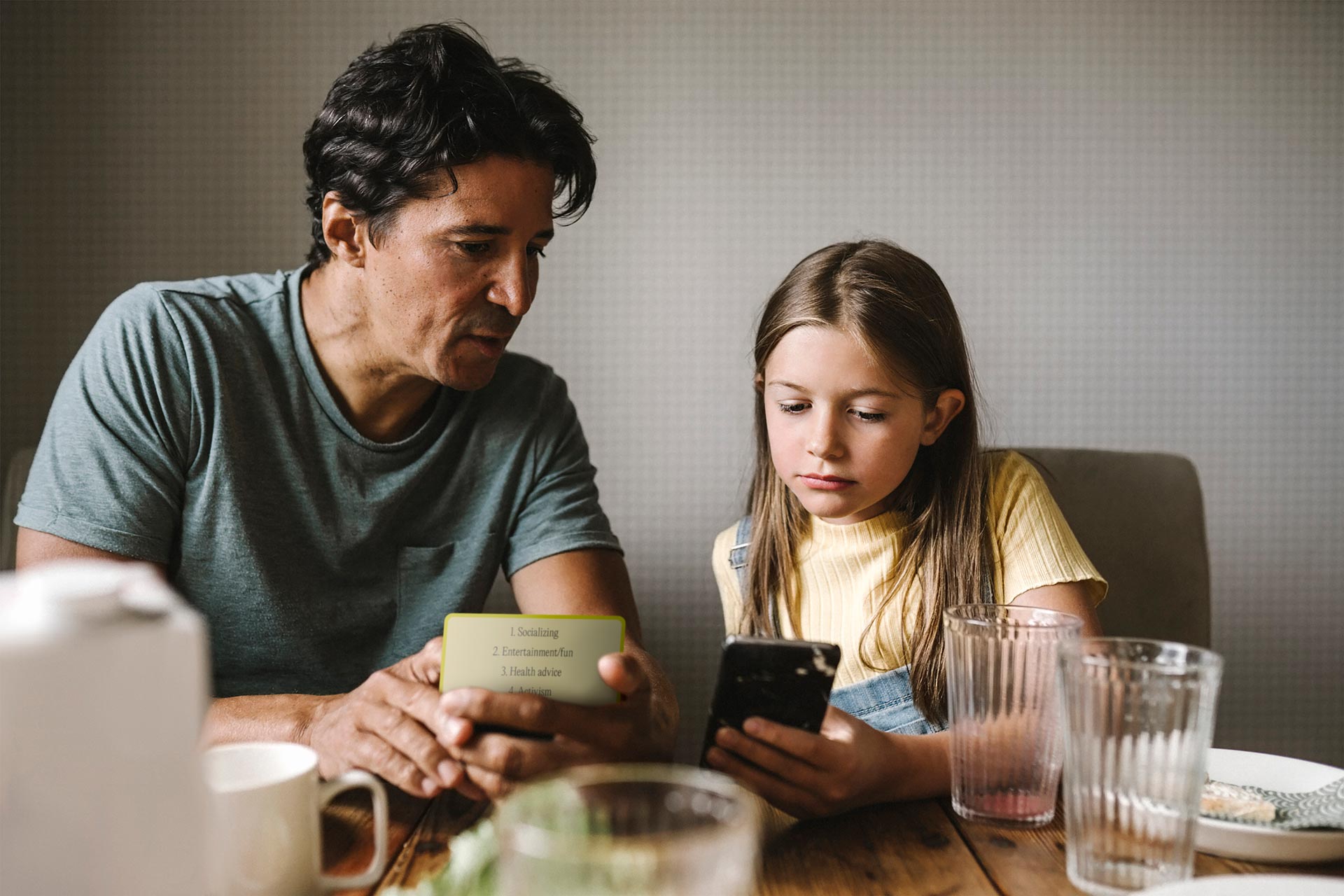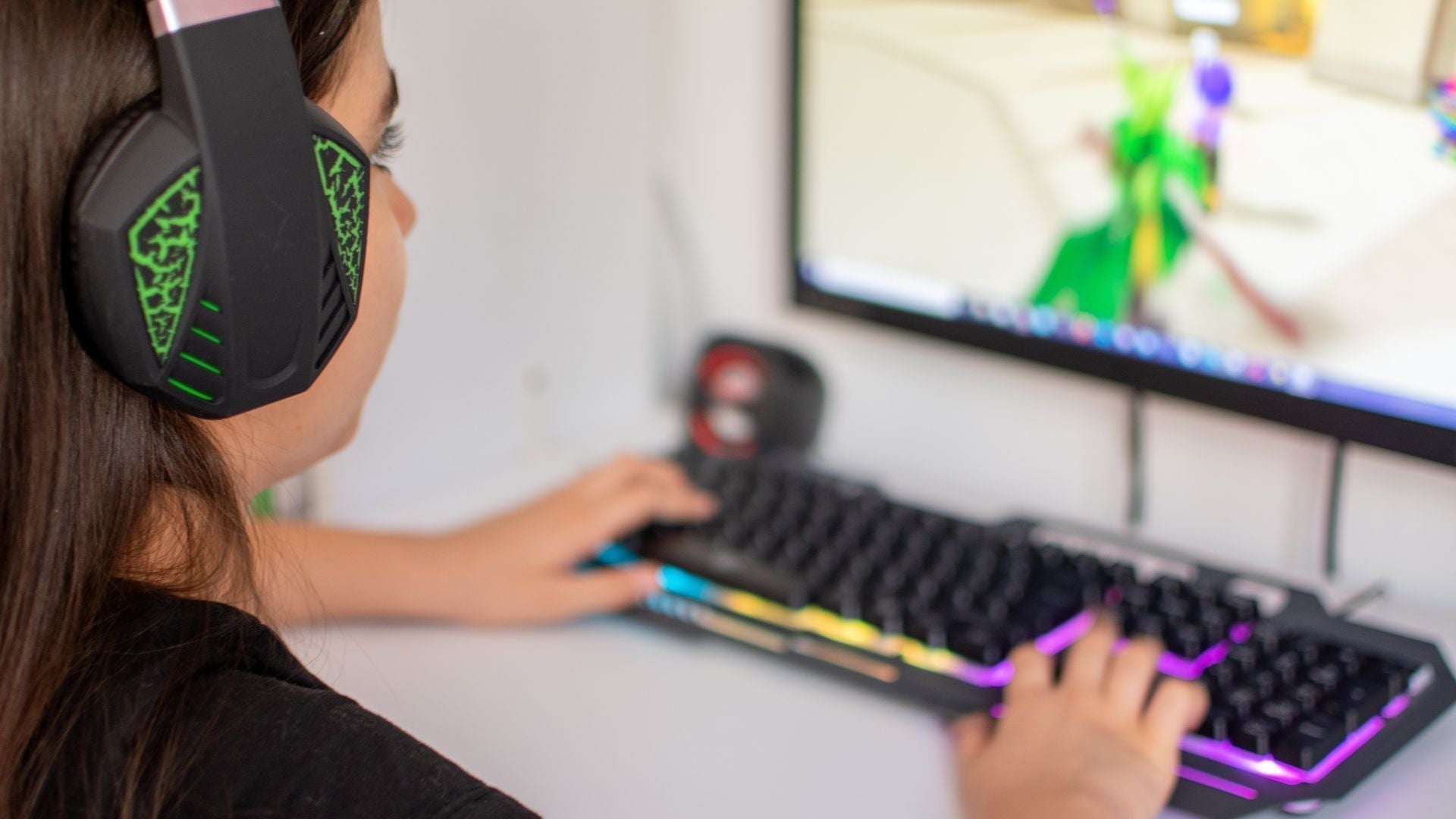How do kids trade in games? Introduction to trading in online games for parents
Trading skins, pets, or other virtual items is a popular activity in gaming for players of almost any age. For young players, trades can happen between friends, for example, in Roblox, where kids might want to swap pets or other game items.
For older gamers, trading is mostly common among players of League of Legends or Counter-Strike, where it’s popular to trade expensive skins. Some players sell their old skins to afford new ones, while others sell skins they received in the game's loot boxes, hoping for a profit.
Trading in online games is similar to how people used to trade on Craigslist, but now it’s done online with virtual items instead. The items traded are not just virtual in-game items but can even include entire game accounts.
In the trades, players either pay with real money, game points, or the virtual currency in games, or they give similar items in exchange. Often, the people taking part in these trades are strangers, making it a risky activity for young players both in terms of the communication around the trade and being able to asses wether the other person can be trusted.
How to talk to your child about trading risks
If your child is interested in trading virtual items, it’s a good idea to ask questions that can open up a conversation about trading and the associated online gaming risks.
It's wise to learn a bit about what trading involves to ensure safe trading in online games and gaming-related platforms. Knowing how trading works will make it easier for parents to have these conversations with their child.
Areas to focus on when you are discussing safe trading and the potential risks included in online trading:
- How much money is at stake?
- Is there any contact with strangers?
- Are there any security measures in place?
Online gaming safety for kids includes being aware of the risks associated with trading in online games and looking out for red flags and signs of scams, even though they can be very hard to spot.
Depending on your child’s age and experience, it might also be a good idea to be involved in the trading process. However, it’s important to know that even older, experienced gamers still fall victim to trading scams, so it can happen to anyone.
If we like it or not, scams are a part of trading online that is hard to avoid. So it is wise of us to prepare our kids for this outcome and teach them how to avoid scams.
But we must also prepare ourselves for how to show support if one day our child is scammed. It can be a devastating experience for a child, and as parents, we can be at a loss for how to handle the situation and make sure we offer the right support.

Listen and understand
The goal of the conversation is not to interrogate or question your child but to gain a better understanding of their hobby and discuss how to ensure safety while trading.
Remember, many kids invest significant time and energy into gaming. This can be considered a hobby like playing sports, painting, or making music, and the items they buy, sell, or swap can have financial or sentimental value to them.
For example, we must recognize that skins can be highly important in the gaming community and that having the right skins can bring social prestige. It’s similar to not wanting to wear just any pair of shoes or t-shirt.
Often, the allure of trading skins also lies in the potential to sell for profit. For this reason, we have to be aware that our kids don’t show signs that their love for gaming has turned into an issue with gambling.
Helping your child build healthy habits around in-game spending
The temptation to buy virtual items can be constant in some games. Younger kids might be begging parents to purchase virtual currency for their game so they can upgrade their character's appearance or buy items for the game.
Kids spending too much on games or using their parents' stored payment details on their gaming account is something for parents to be aware of and talk with their child about.
Managing online currency can be the first step in practicing budgeting for kids who game.
Older gamers might have to watch the temptation to make these purchases regularly. It can be necessary to set up parental controls and adjust game settings as a supporting framework for healthy gaming habits for kids.

10 questions to ask to start the conversation about trading
As a parent, it’s important not to dismiss the value of skins and other virtual items. Approach the conversation with openness and curiosity, without judgment. You can use these questions to get the conversation started:
- What kind of items do you trade?
- Do you trade to make money on items or to keep them and improve your collection?
- Do you buy or sell for real money, or do you mostly swap items?
- How much money do you typically spend or make from trading?
- How often do you trade?
- Do you trade with strangers, people you know, or both?
- Have you or someone you know ever been cheated or scammed?
- Do you know how to protect yourself from being scammed?
- Have you ever tried to buy loot boxes, cases, or FUT packs? And why did you buy them?
- What do you think is the best part about trading? Did you ever feel nervous around a trade?






